
Adedayo Adejobi
THE late Sir S.P.U. Ogan was born on Monday October 27, 1919 at Ogan Ama, Okrika to Paul Kalaiyo, a merchant in the palm produce trade along the Imo River.
His Majesty, King S.P.U. Ogan was a gallant World War II army veteran. He was recruited into the British Army in July 1944 during the Second World War and was in the Royal Signals where he acquired extensive experience in electronics engineering technology. As Principal Radio Mechanic Instructor in the Royal West African Frontier Force, Sir Ogan was the first West African to become an instructor in the British Army, and was a radio and wireless pioneer in Nigeria.
In 1951, King Ogan returned home to his little Ogan Ama, Okrika community, with five canoe loads of electronic equipment and materials.
It was in his best interest to have the sole knowledge of servicing electronic equipment at the time. As a monopoly, his workshop would have made all the money. But the king reasoned that it would be in the interest of posterity, if he imparted that knowledge to generations coming behind. To this end, in July 1951 he applied to the Department of Education, Port Harcourt for permit to open and run a vocational training institute, which was granted by the Divisional Officer (D.O) and thus was how the first ever technical college East of the Niger river – the Ogan’s Radio and Electrical Engineering Institute – was established in 1952. In 1953, the most brilliant student of the school, Master Sunday Alatoru (now a Chief) of Okrika, sat for the City and Guild Examination of London and passed. The Institute was later called New Era Technical College, when he allowed other Nigerian investors to join the board of directors on government advice.
King Ogan was a raiser of animals and plants and was passionate about the environment. He was noted for establishing the first and biggest piggery farm in the then old Rivers State, (today’s Rivers and Bayelsa States). In addition to piggery, Sir Ogan cultivated exotic crops like cashew fruits and traded in unprocessed cashew nuts. Through grafting he introduced Tangelo (a fruit mixture of grape and tangerine into his large plantation of oranges, tangerine, guava and pineapples. He also cultivated food crops like cassava, avocado pear, yam, plantain and banana, among others. In recognition of his contribution to food security in Nigeria, he was appointed by the federal government into the Board of the National Veterinary Research Institute at Vom, Plateau State, as a Non-Executive Director for five years consecutively.
King Ogan was a nationalist and strong supporter of the struggles for minority rights. He was an active member of the Rivers Chiefs and Peoples Conference led by Chief Harold Dappa Biriye and hosted meetings of the group in his Port Harcourt residence. During the various conferences in Nigeria and London for the political independence of Nigeria, this movement demanded for the creation of a separate state for the minority people of the Niger Delta.
King Ogan fought colonial rule on two fronts – the Ex-service Men’s Association (today’s Nigerian Legion) and the National Council of Nigeria and the Cameroun (NCNC) which he joined in 1952.
By 1964, Sir Ogan had become a popular young man among prominent chiefs and people of Okrika Clan (Wakirike). He had, using his connections in commerce and politics, spearheaded a number of positive actions for Okrika and was instrumental to the election of his kinsmen into the Eastern Nigeria House of Assembly on N.C.N.C. platform, against stiff opposition.
His Majesty, Sir S.P.U. Ogan was installed Amanyanabo of Okrika Clan (Wakirike se) on April 25, 1964. Thereafter, King Ogan was recognised by Eastern Nigeria Government and became the third recognised traditional ruler in the then Degema Province. The other two were the Amanyanabo of Bonny and Amanyanabo of Kalabari.
After his coronation, four idol gods as demanded by custom and tradition were placed in the palace to guide him. He was aware that a good percentage of Okrika people had faith in those deities and he too had been groomed to believe in the efficacy of the four gods. He was also aware that his adversaries had become more vicious in their bid after his life, than those who sought to protect him with the four idols. In the light of this, the choice to accept to live with these devilish gods or put the Almighty God in charge remained his and his alone. From a strong Christian home, he brushed tradition aside and chose to put God first. King Ogan ascended the throne of Okrika at a time of great uncertainty in this country. There had been a military coup in January 1966 culminating in the Nigerian Civil War from 1967 to 1970. To save his kingdom, King Ogan had to play along with the government in power in the East, even if he was not in support of the rebellion.
During the war, Okrika, the whole of Okrika (including Ogu and other major towns) was under siege and the people suffered untold persecution. Okrika had been clearly marked out for total annihilation by Biafra but was saved by God using King Ogan as vessel. Again, through the Amanyanabo’s diplomacy with Biafran officers, more Okrika women were allowed to the markets to purchase more food. He remained at Okrika and suffered with his people until the civil war ended on January 15, 1970. He was also the only recognised traditional ruler who was on hand to receive the first military Governor of Rivers State, Lt. Commander Alfred Diete-Spiff on assumption of office in Port Harcourt.
But the end of the war marked the beginning of another set of ordeals for the King of Okrika who never abandoned his people. King Ogan suffered personal loss economically and physically in order that Okrika would survive. He was harassed, humiliated, stripped and brutally tortured like a common criminal on trumped up accusations. He was falsely accused of giving “juju” to Okrika people to fight Nigeria. It was also falsely alleged that he possessed wireless telephone in his private home with which he communicated with Ojukwu and Biafran soldiers to sabotage Nigeria’s war efforts. He was thus branded a “security risk” by the soldiers, for which he had to be chained like a robber, stripped naked and given 36 strokes of the cane at a Nigerian army concentration camp in Port Harcourt. King Ogan at this point demanded to be shut, but they would not. The military high command later found he was innocent.
Consequently, he was taken to Lagos on “protective custody” of the Federal Military Government of Nigeria which again found him innocent after thorough investigations.
King Ogan was a contented, courageous, honest, humble and a man of integrity. He lived a simple life in the fear of God. Not for him greed, avarice or ostentation. He was king for 33 years and 7 months. He died peacefully, painlessly on his birthday, on October 27, 1997. He was 78.
May his gentle soul continue to rest in the Lord.
-
Adejobi, a communicator, writes from Lagos
You may be interested

Osimhen: Leaving Napoli Will Make Me Cry
Webby - April 24, 2024Victor Osimhen has hailed Napoli fans and admitted he will probably “cry” when leaving the club.Osimhen is expected to leave…

Slot Can Be Perfect Replacement For Klopp –Van Basten
Webby - April 24, 2024Netherlands legend Marco van Basten believes Feyenoord manager, Arne Slot has the capability take over from Jurgen Klopp as Liverpool…

Van Persie Close To Being Appointed Head Coach Of Eredivisie Club
Webby - April 23, 2024Former Arsenal and Manchester United striker Robin van Persie is close to becoming the new head coach of Eredivisie side…

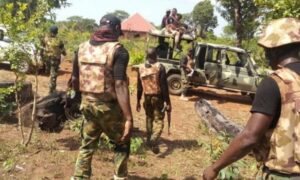

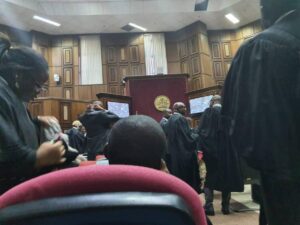



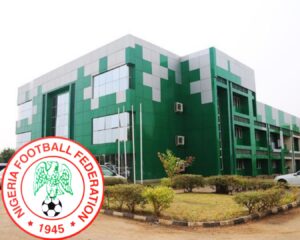


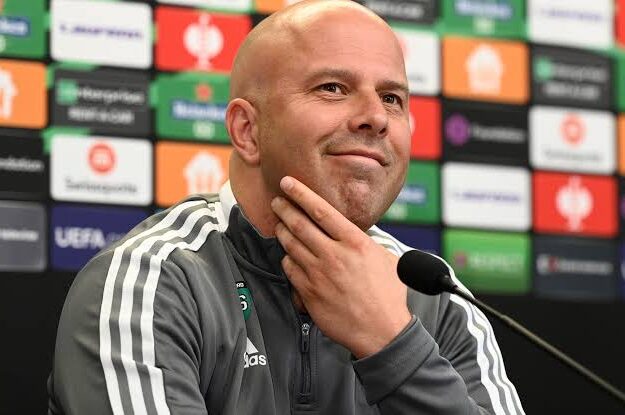
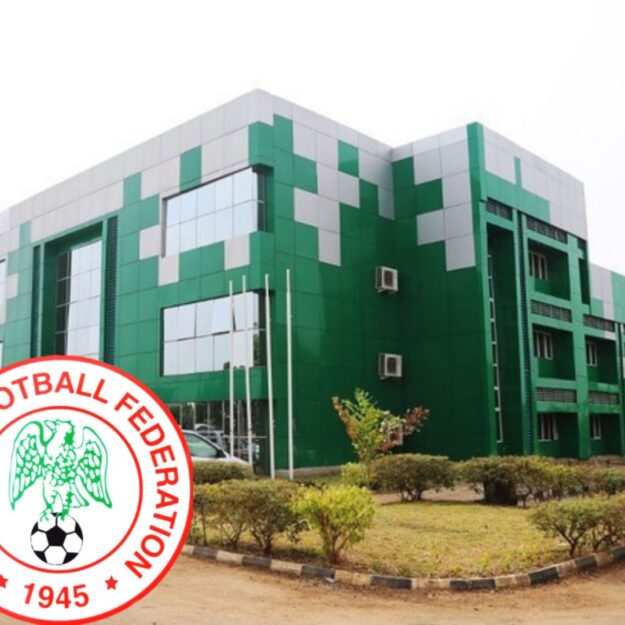





![American Pastor, David Wilson Seen Eating The Box Of Woman Who Isn’t His Wife [Video]](https://onlinenigeria.com/wp-content/uploads/2019/10/american-pastor-david-wilson-seen-eating-the-box-of-woman-who-isnt-his-wife-video-150x150.jpg)






![Chaos As Two Politicians Fight Dirty Inside Church Over Control Of Constituency [Video]](https://onlinenigeria.com/wp-content/uploads/2019/09/chaos-as-two-politicians-fight-dirty-inside-church-over-control-of-constituency-video-150x150.jpg)



Leave a Comment